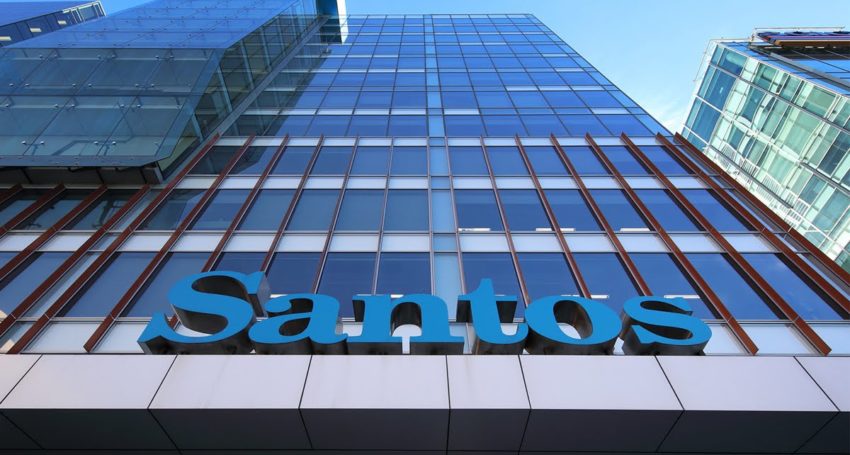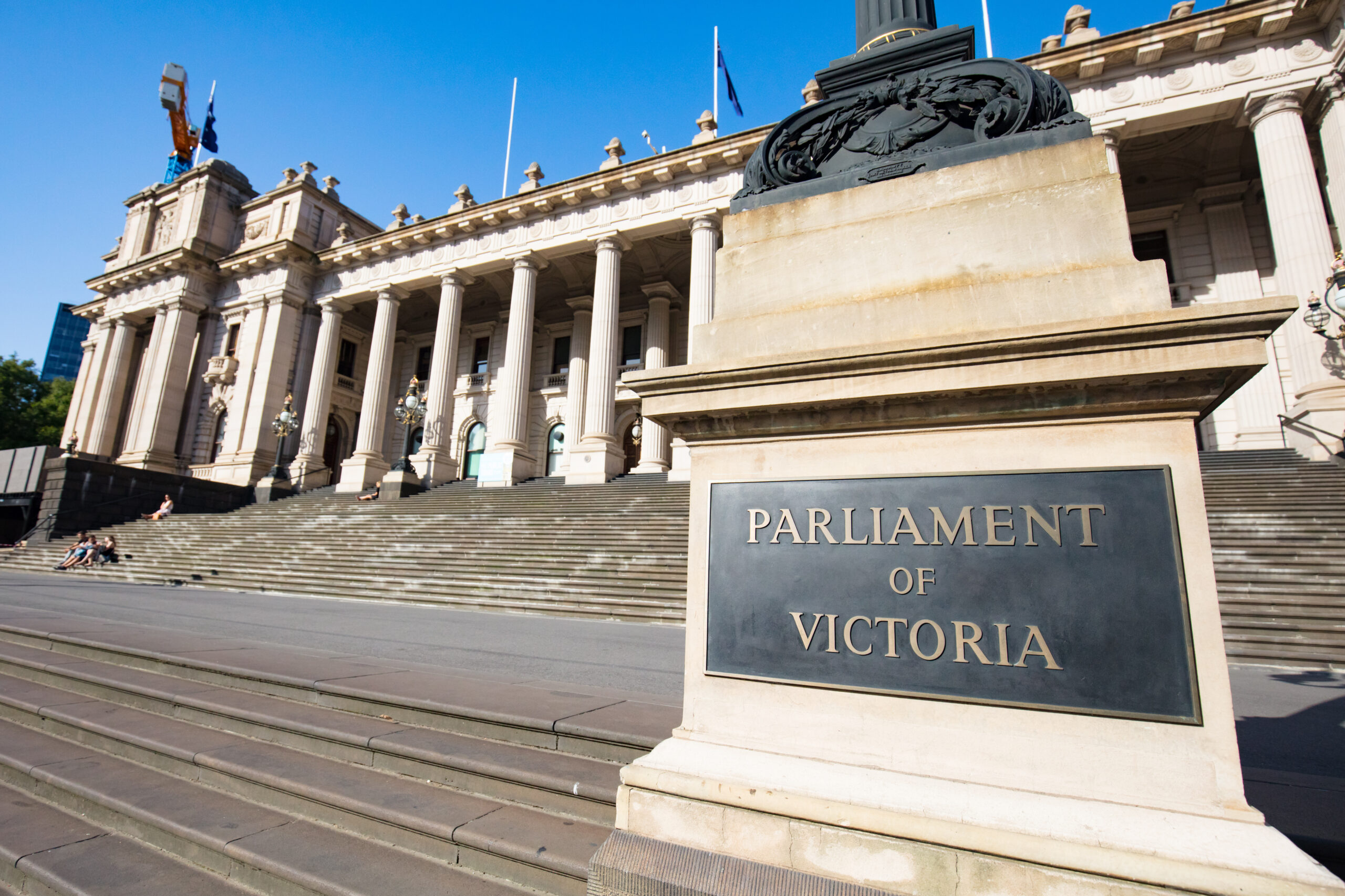Australia’s oil and gas sector has welcomed the interim report into the review of the Environment Protection and Biodiversity Conservation Act 1999, as it provides an important pathway to more efficient environmental approvals processes while ensuring protection of the environment and delivering greater certainty for future investment.
APPEA Chief Executive Andrew McConville said the recommendation for consistent national environmental standards focused on outcomes rather than process that will help improve environmental protection while supporting businesses’ needs.

“While we still need time to consider the Interim Report in detail, the headline recommendations are a welcome outcome for both improved environmental protection while reducing the costly regulatory burden to business. The approach proposed should help improve outcomes for all stakeholders and the report is a step in the right direction,” Mr McConville said.
“This is a once in a decade opportunity to get it right. We are encouraged by the discussions we’ve had with environment groups during the review process and we are committed to continuing to work with these groups and the Government as the process plays out.
“Overlapping requirements between states and the Commonwealth and widespread duplication of processes between the Commonwealth and states do not help to protect the environment but often causes unnecessary delays increasing the costs for development.
“The EPBC water trigger is a key example of such duplication, and though we are disappointed that the review recommends the water trigger be retained, the options identified to apply the trigger more efficiently are a positive step.”
Mr McConville said the report’s intention to establish clear national environmental standards focused on outcome rather than process, will provide greater flexibility when circumstances change while ensuring environmental protection is maintained.
“This will improve certainty for business proponents, environmental groups and communities. We all share a desire to improve certainty – for the environment, for business, and for community amenity,” Mr McConville said.
‘STICKY TAPE’
A recent survey of more than 100 APPEA members showed that nearly 70% of them see reducing red and green tape as the critical steps to improve the investment environment, streamline approval processes and restore business confidence amid COVID-19 and near record low oil prices.
Regulatory reform is the most important step governments can take to support investment and confidence in rebuilding the Australian economy, the revealed.
The survey of more than 100 APPEA members showed that nearly 70% of them see reducing red and green tape as the critical steps to improve the investment environment, streamline approval processes and restore business confidence amid COVID-19 and near record low oil prices.
“Regulatory reform – particularly green tape – is top of the industry’s agenda as we work with the Australian Government to implement steps to help the oil and gas industry support the nation’s economic recovery,” said APPEA Chief Executive Andrew McConville.
“The Productivity Commission and more recently the Australian National Audit Office have found significant overruns in approvals, inefficiency and duplication in current legislation and processes – none of which help to deliver good outcomes for the environment or for business.”
The latest ANAO statistics showed the average overrun of statutory timeframes for approval decisions in 2018–19 was 116 days and almost 80% of approvals assessed contained conditions that were non-compliant with procedural guidance or contained clerical or administrative errors. The statistics also highlighted approval timelines for resources projects have blown out to more than 1,000 days.
Despite these challenges and inefficiencies, Mr McConville said the industry is committed to working with governments and the community to protect Australia’s unique environment.
“The right regulatory framework would deliver strong environmental protection and support investment certainty. As the ANAO report outlines, the current regulatory approach is not proportionate to the environmental risk of undertaking sensible economic activity,” Mr McConville said.
“Overlapping requirements between states and the Commonwealth and the duplication of processes does not add to protecting the environment and instead often causes unnecessary project delays resulting in higher costs for no environmental benefit.
“Recent announcements by the Government to further streamline unnecessary regulation are welcome. This can build on action taken in 2019 to reduce the backlog of outstanding approvals and improve decision making timeframes. We look forward to the draft report of the review of the Environmental Protection and Biodiversity Conservation Act.”
Four Priorities
APPEA’s submission to the EPBC Act review urges the Federal government to consider four priority categories:
- Avoiding duplication between jurisdictions and processes;
- Reducing delays in EPBC Act assessment and approval processes;
- Enhancing certainty for proponents, government and the community; and
- Focusing on outcomes and standards, rather than prescription.
The survey of APPEA members also highlighted taxation reform and increased acreage and development opportunities as positive drivers of investment, sentiment and economic growth.





